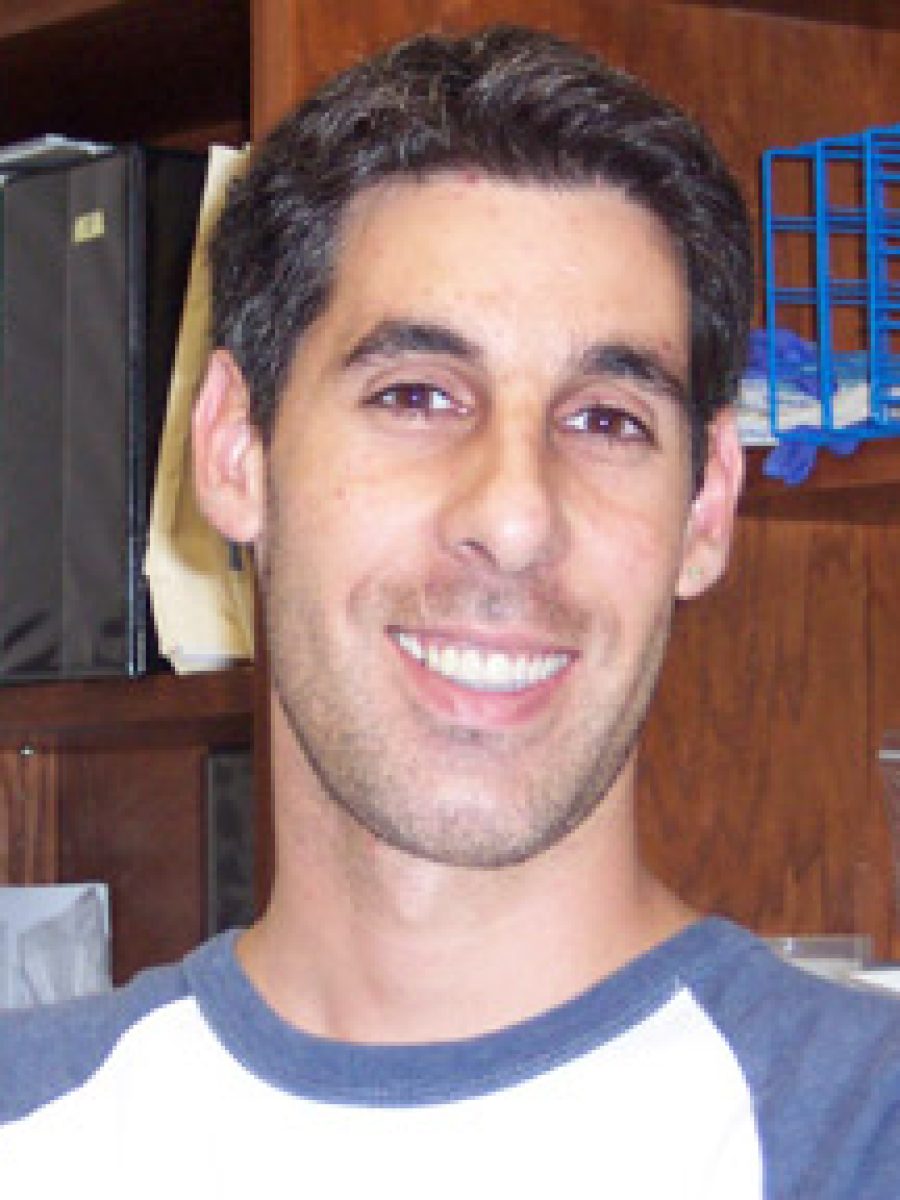
Sergio Coffa
Graduate student, 2007-2011, Pharmacology
Research Description
Sergio studied the molecular mechanisms of arrestin interaction with non-receptor signaling proteins, such as kinases c-Raf-1, MEK1, and ERK1/2. He tested which kinases preferentially interact with “active” receptor-bound arrestins and identify the binding sites of these partners on arrestin molecule. This improved our understanding how the arrestin-receptor complex functions as “signalosome” organizer, where receptor-bound arrestin recruits and activates a variety of signaling proteins, including the components of the trafficking machinery, small G proteins and their regulators, ubiquitin ligase, c-Src and related kinases, etc., and how it facilitates the signaling in MAP kinase cascades. Sergio’s work paved the way for construction of “custom-designed” arrestins that selectively couple receptor to certain pathways. These signaling-biased arrestins can be used as tools to unravel complicated network of arrestin-mediated signaling. They also have therapeutic potential in disorders associated with faulty cell signaling.
Papers from the lab:
Coffa, S., Breitman, M., Hanson, S.M., Callaway, K., Kook, S., Dalby, K.N., Gurevich, V.V. The effect of arrestin conformation on the recruitment of C-Raf1, MEK1, and ERK1/2 activation. PLoS One 6(12), e28723 (2011).
Coffa, S., Bretman, M., Spiller, B.W., and Gurevich, V.V. A single mutation in arrestin-2 prevents ERK1/2 activation by reducing c-Raf1 binding. Biochemistry 50, 6951-6958 (2011).
Song, X., Coffa, S., Fu, H., Gurevich, V.V. How does arrestin assemble MAP kinases into a signaling complex? J Biol Chem 284, 685-95 (2009)